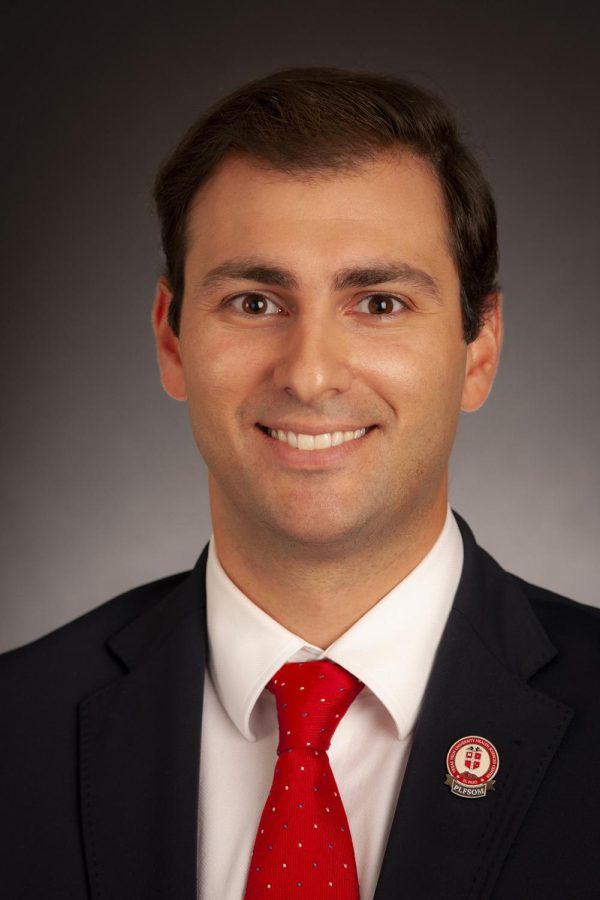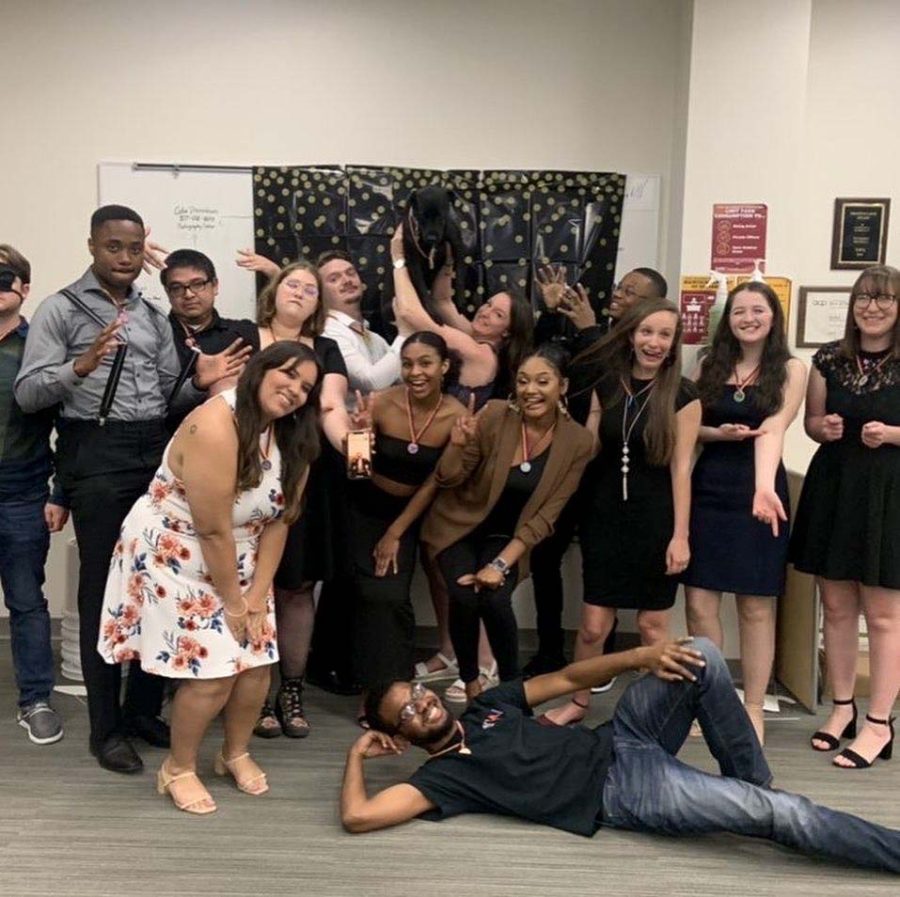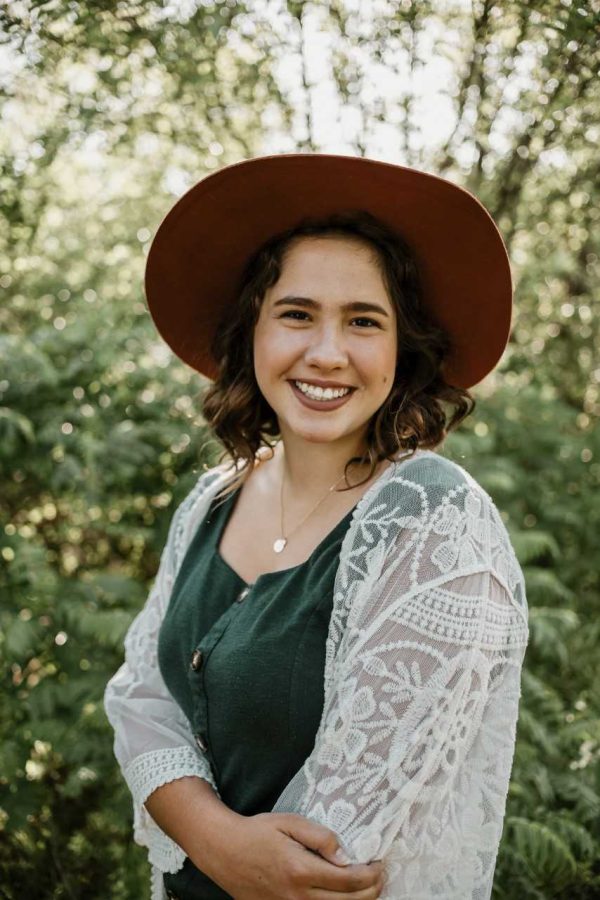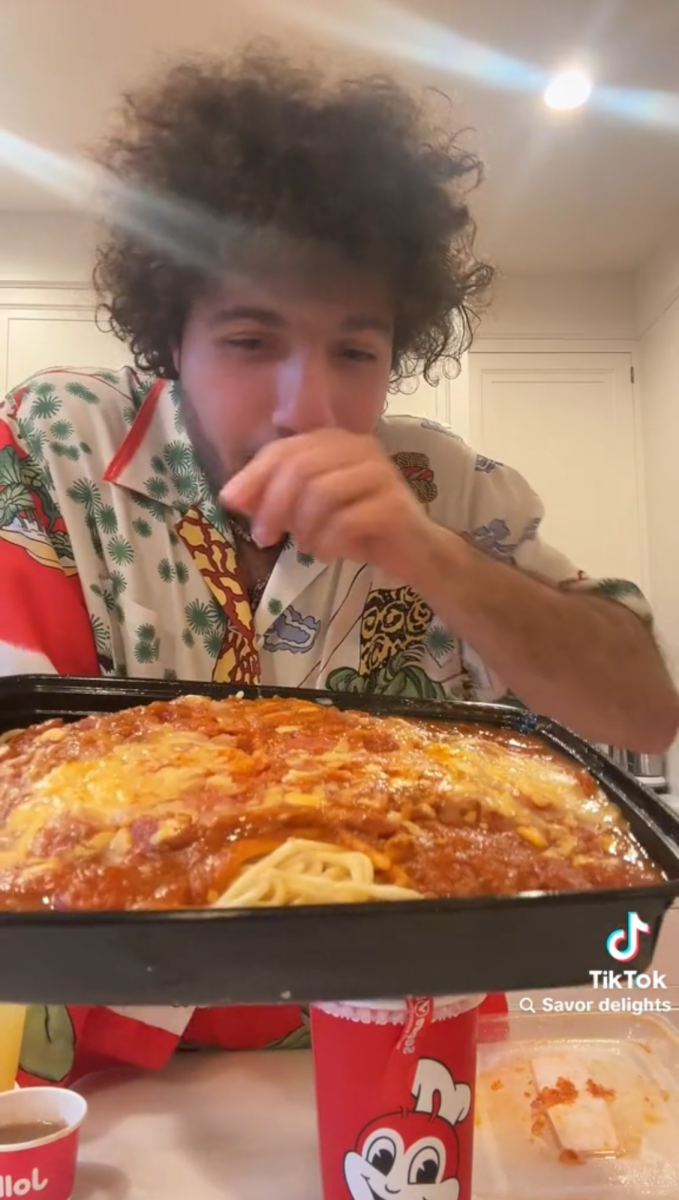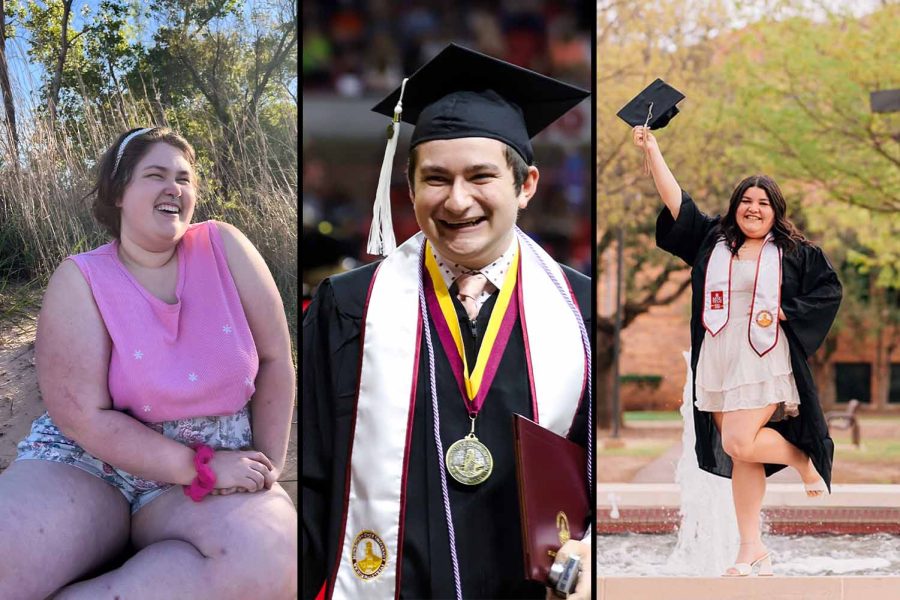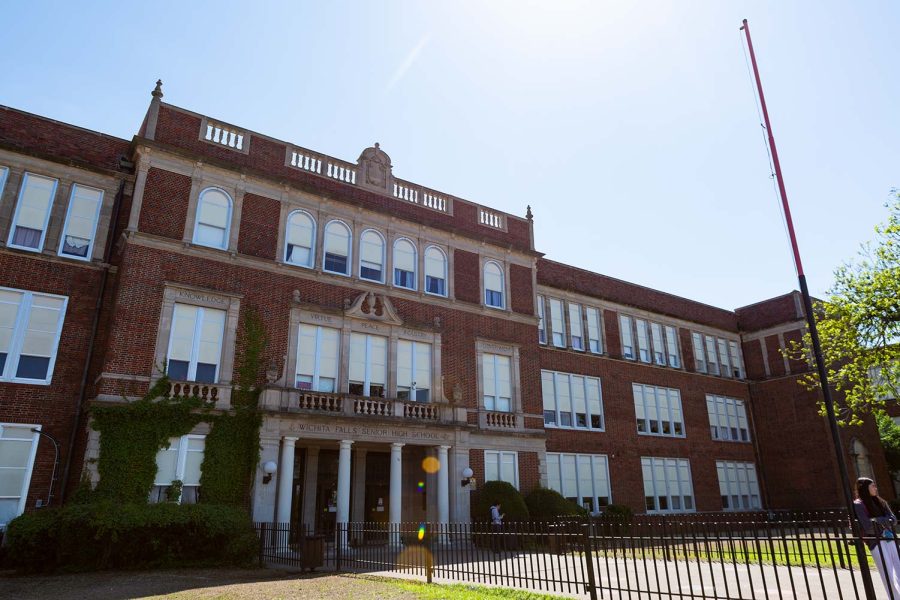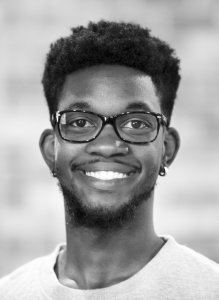
“Not everything that is faced can be changed, but nothing can be changed until it is faced.”
— James Baldwin
A comfort zone is a lovely place, but rarely does anything grow there. As a university community, we are charged with asking honest, thought-provoking questions of faculty and students alike. Diversity, multiculturalism, and inclusion are a few of those challenging conversations, which allow us to “lean into the discomfort” in hopes of relating across differences, as well as celebrating and embracing what makes us unique. After all, should we not strive to create an academic environment where every student feels authentically seen and heard, without the pressure of conforming? The Black, lesbian, mother, cancer survivor and poet Audre Lorde in her book Our Dead Behind Us: Poems asserts, “It is not our differences that divide us. It is our inability to recognize, accept, and celebrate those differences.”
The Black Leadership Summit allowed its attendees to identify issues, stimulate ideas for action, prepare for authentic cross-cultural dialogue with other multicultural student organizations, and build community. The existence of events such as, the Black Leadership Summit at a university, which champions the values of diversity and inclusivity, can sometimes be puzzling to community members. Many students are unfamiliar with the ideas and concepts behind the creation of these events and some students will initially regard them as divisive and antithetical to the values of inclusivity and community.
The Black Leadership Summit and similar events strengthen our university community by providing support, connection, and affirmation to students whose identities, whether racial, ethnic or otherwise, may differ from the majority population and culture at this university. These events provide a “safe space” for their attendees to explore issues of shared identity, experience and affirm their emotional and intellectual responses to being part of a distinct subset of our community. Likewise, multicultural student organizations encourage their members to embrace different parts of their identity and to feel confident about themselves rather than silently suppressing aspects of their identity because it differs from the majority culture.
The Black Leadership Summit and multicultural student organizations create a progressive and constructive context for students to affirm and explore their identities and experiences with the full support of university leadership and faculty. This approach helps to strengthen our university community and to cultivate students confident enough in themselves and their place in this community so they may grow into better leaders. As our campus newspaper the Wichitan has clearly articulated in their our view statement, “The Black Leadership Summit is a necessary vehicle for change on this campus, and arguments about its necessity are missing the point and unfairly attack the students who benefit most from the summit.”
In his controversial 2007 memoir, White Like Me: Reflections on Race from a Privileged Son, Antiracist essayists Tim Wise suggests “The power of resistance is to set an example: not necessarily to change the person with whom you disagree, but empower the one who is watching and whose growth is not yet complete, whose path is not all clear, whose direction is still very much in the proverbial air.” It is our aim to increase cultural competency on campus by exposing the greater MSU community to the wide diversity of blackness, black identity and black cultures. To that end, brothers and sisters, attending the Black Leadership Summit was the first step in uniting the black community at MSU. As student leaders and members of the black community we must build from within. We challenge you to become a leading force for the unification our black community. We cannot allow others to fashion our image according to their vision of what is “best” for us. Upon unification, we can engage in cross-cultural discussions, which benefit our university community. We all have a stake in creating a safe environment where everyone can be his or her authentic self. However, be mindful that cross-cultural discussions do not equate degeneration of own cultural enlightenment.
We challenge you to be cultural advocates by using your voice when stereotypes threaten who you are, what you or your cultural heritage stands for. The consequences of silence manifests themselves as stereotypes, blatant misconceptions, violence, and twisted perceptions of our culture. We are a beautiful, intellectual people who will not be silenced or shamed for expressing our love for ourselves.
To the guest columnist who challenged our right to cultural development, thank you to adding fuel to the fire, which burns within us. Thank you for giving us more of a reason to unify rather than blend in and to express our pride of who we are. See my color. Recognize that being different from the majority is beautiful and not defective.
Lastly, we leave you with a final quote from the great Brazilian educator Paulo Freire who is best known for his book pedagogy of the oppressed where he critically explores societies and education, “How can I dialogue if I always project ignorance onto others and never perceive my own? How can I dialogue if I am closed to— and even offended by— the contribution of others? At the point of encounter there are neither yet ignoramuses nor perfect sages; there are only people who are attempting, together, to learn more than they now know.”
To my Black queens and kings, realize that if your cultural expression and celebrations makes someone feel uncomfortable, you’ve done your job.
We are Black, and very proud of it.
Letreanna Jackson, curriculum and instruction graduate student
Charles Frazier, athletic training senior
Maia Cook, athletic training junior
Tyera Breeze, respiratory therapy junior
Shayla Owens, business management junior
Story continues below advertisement



